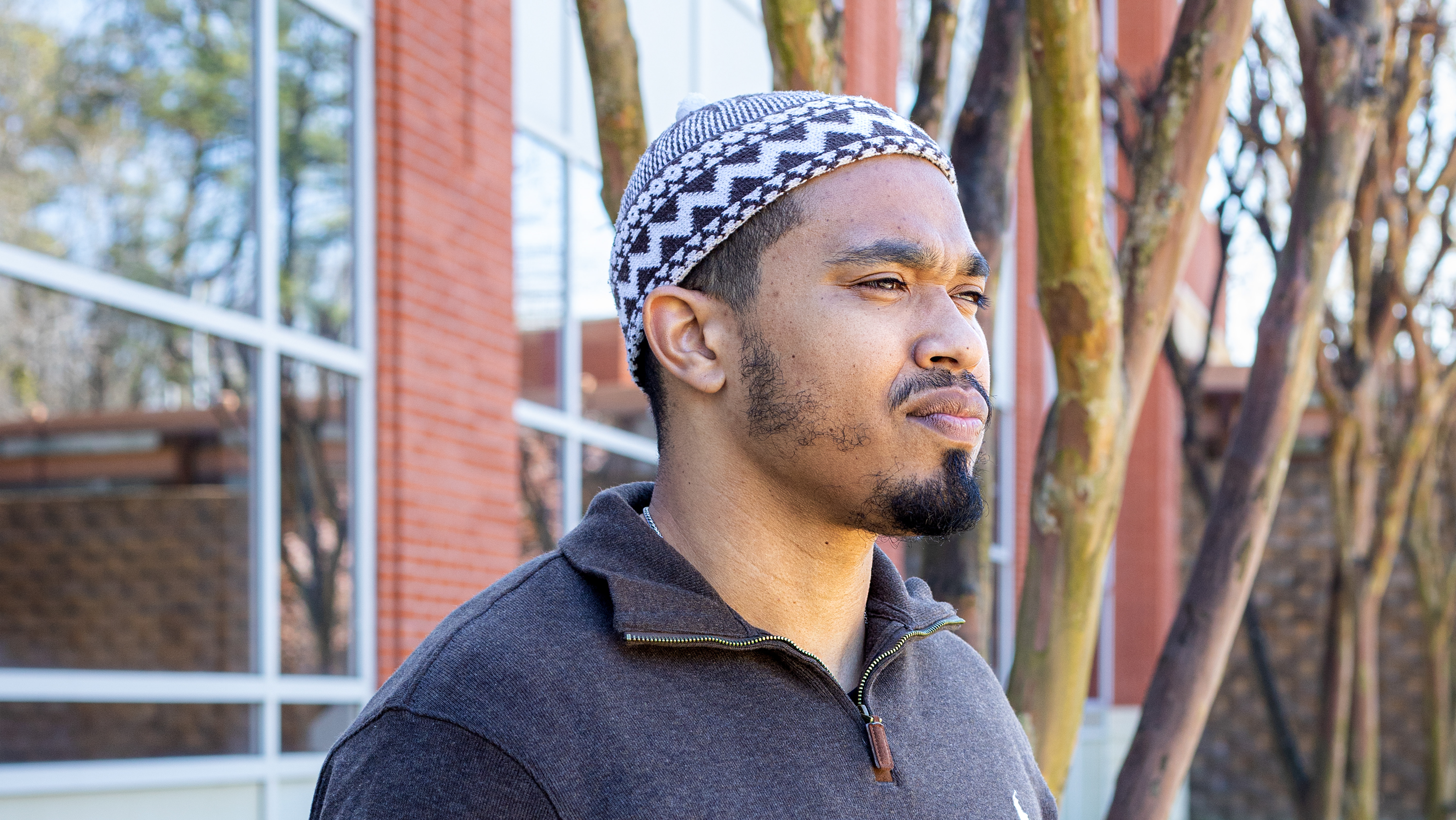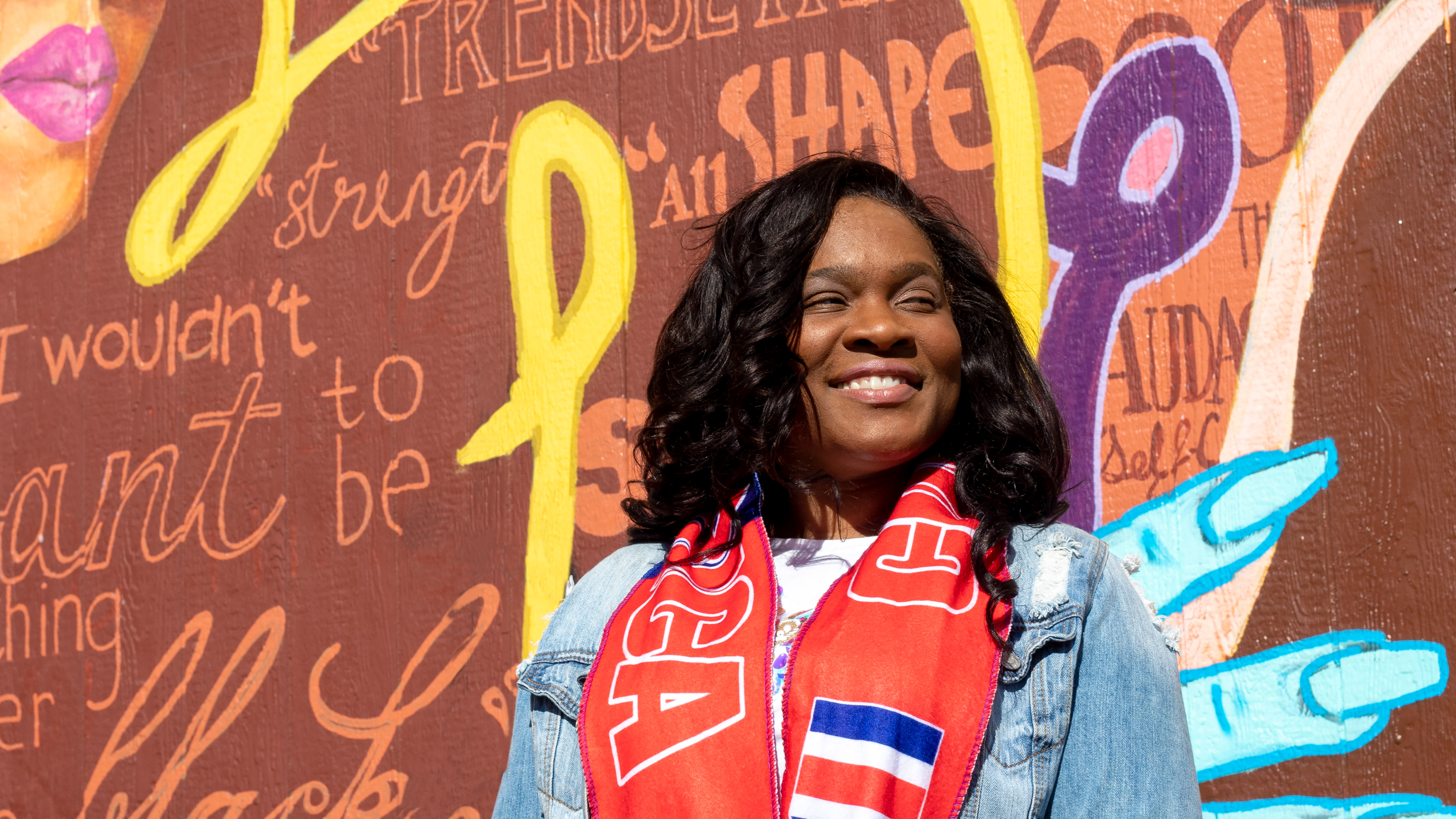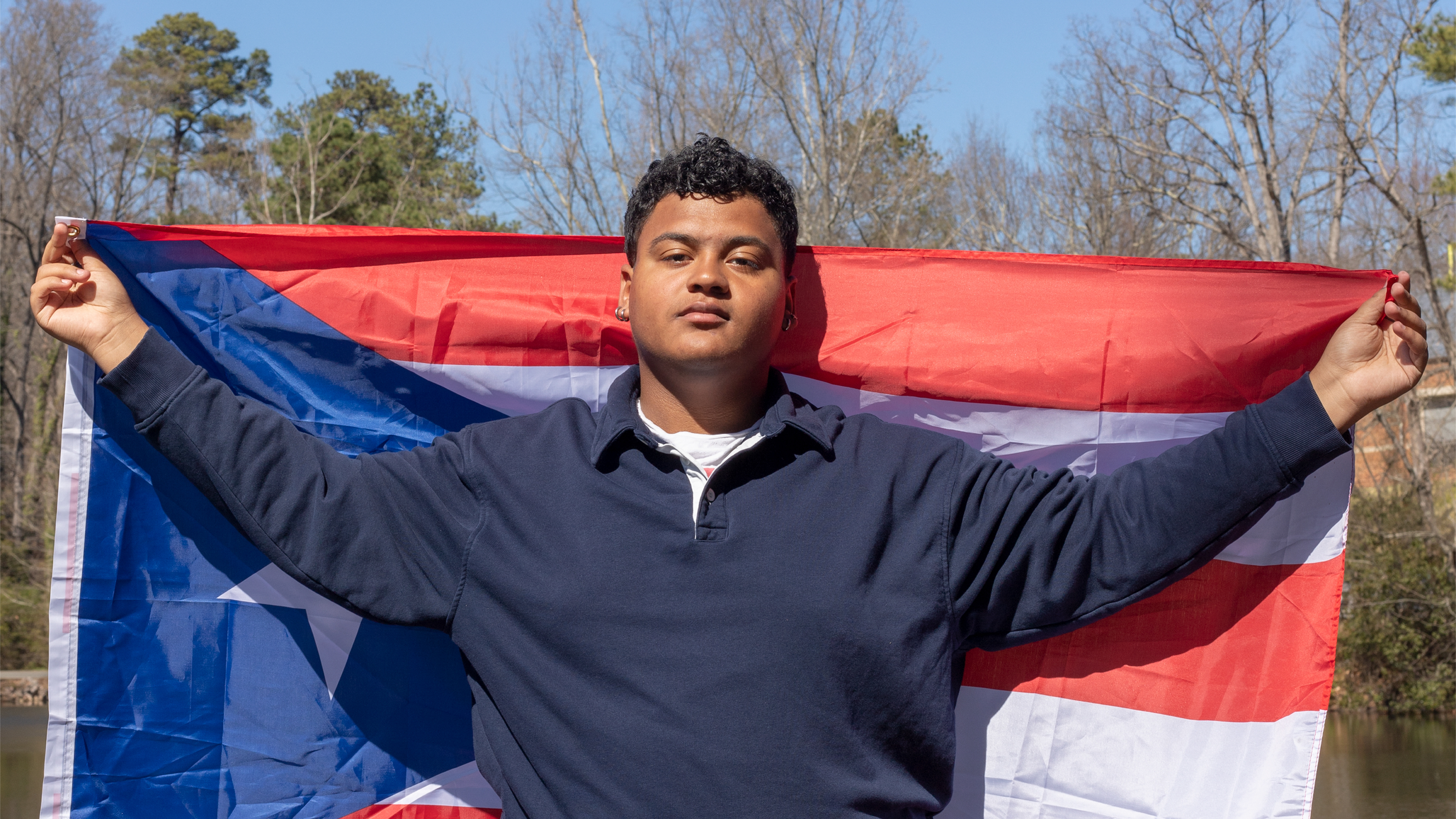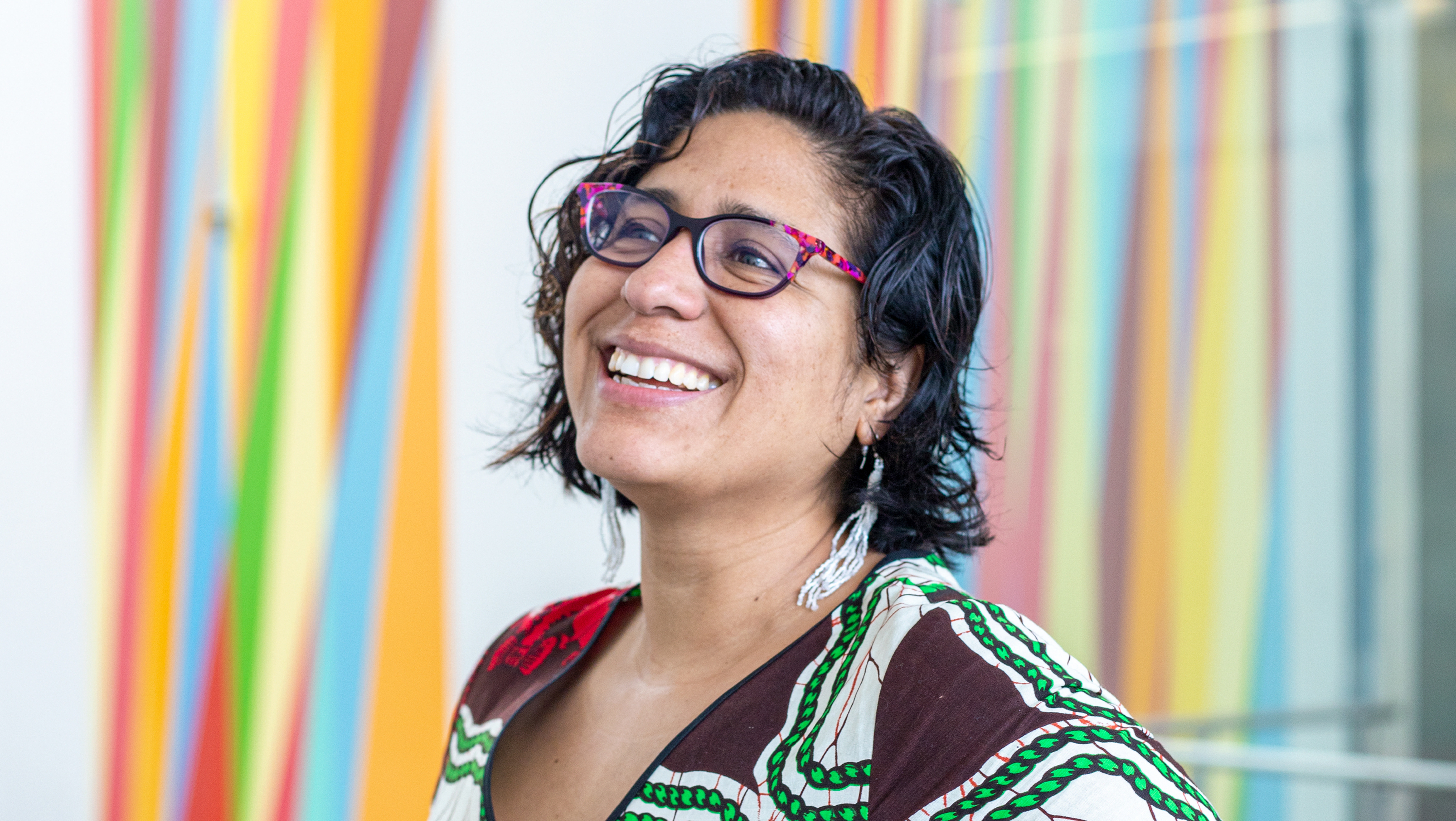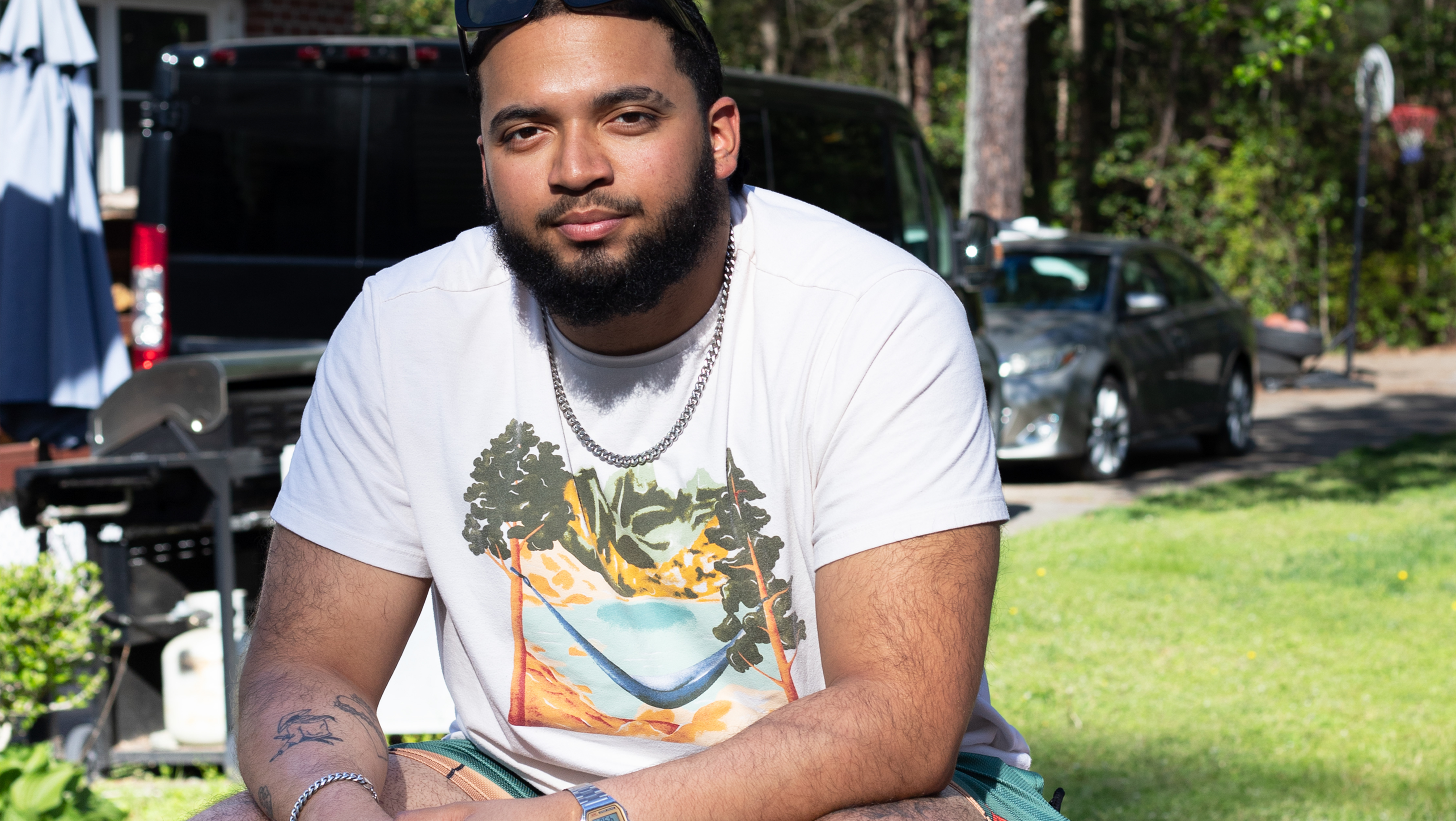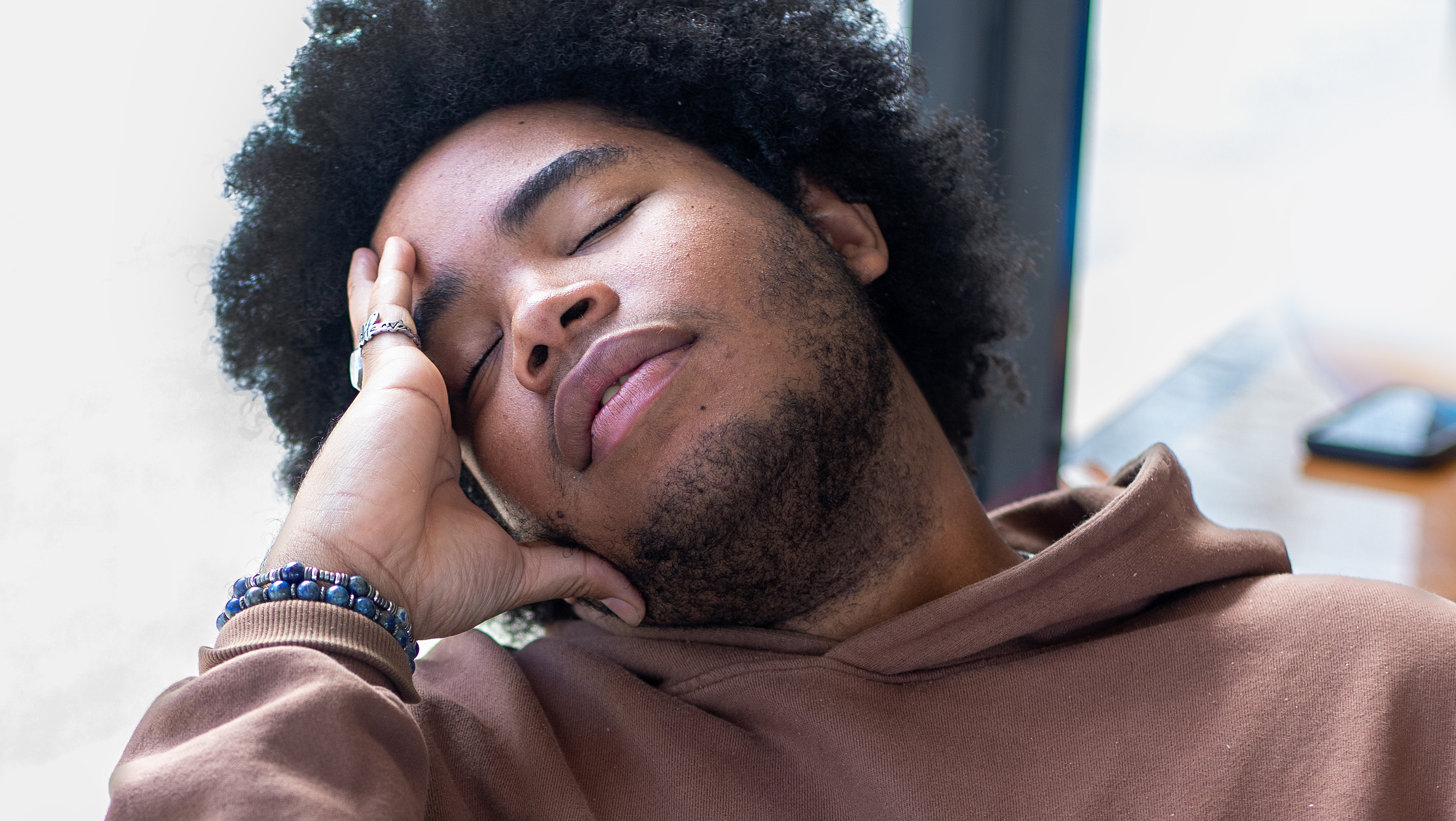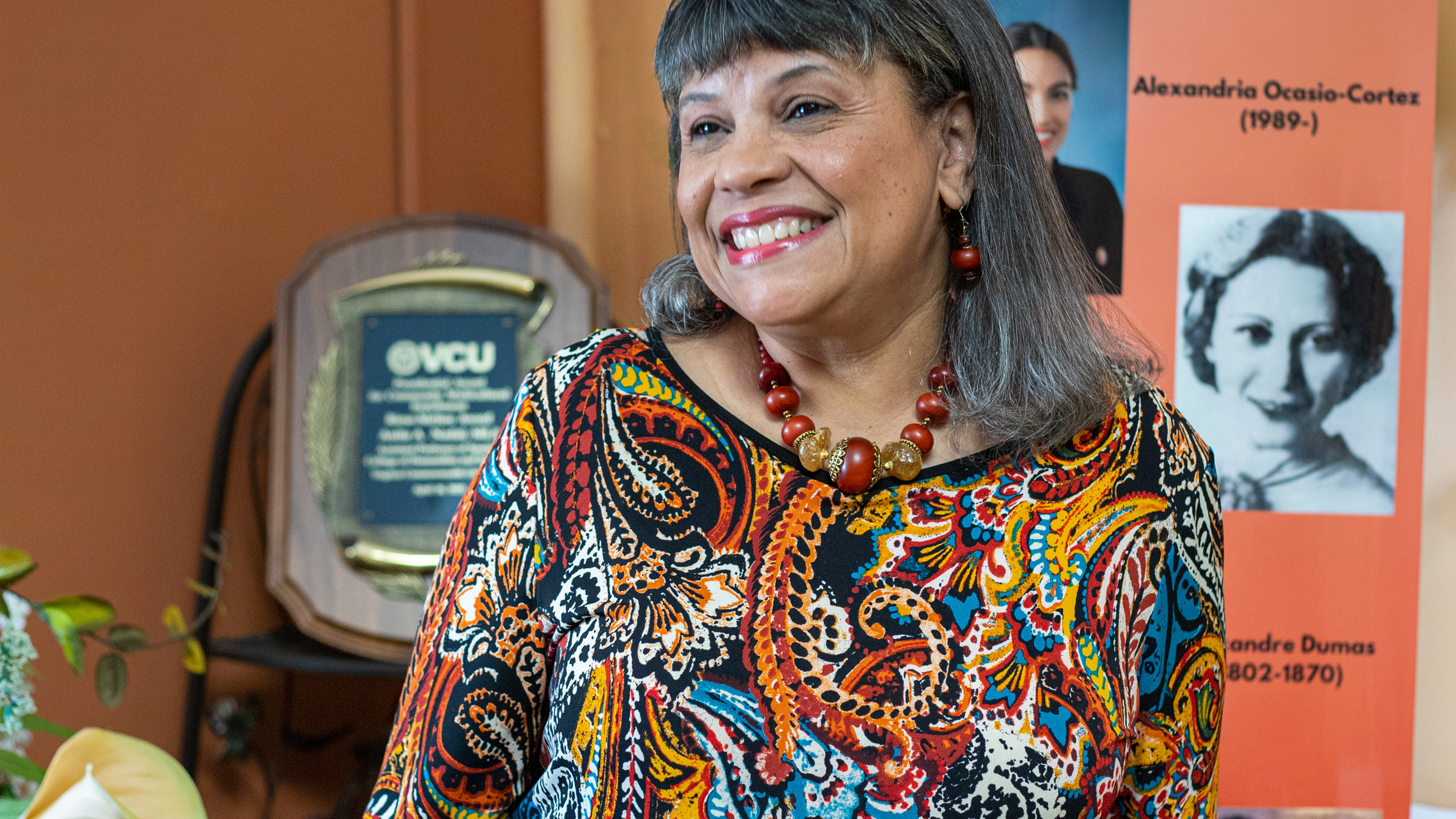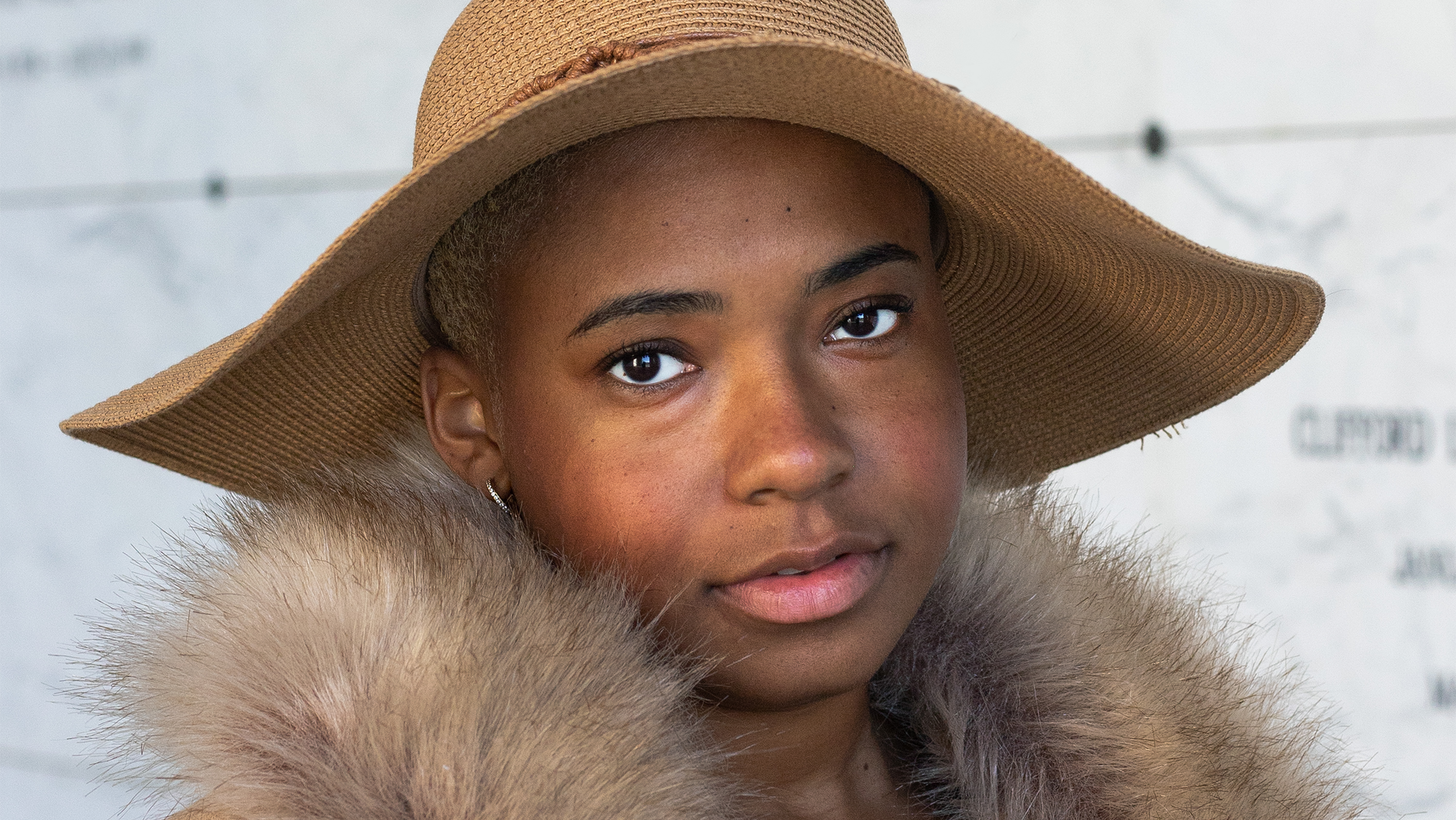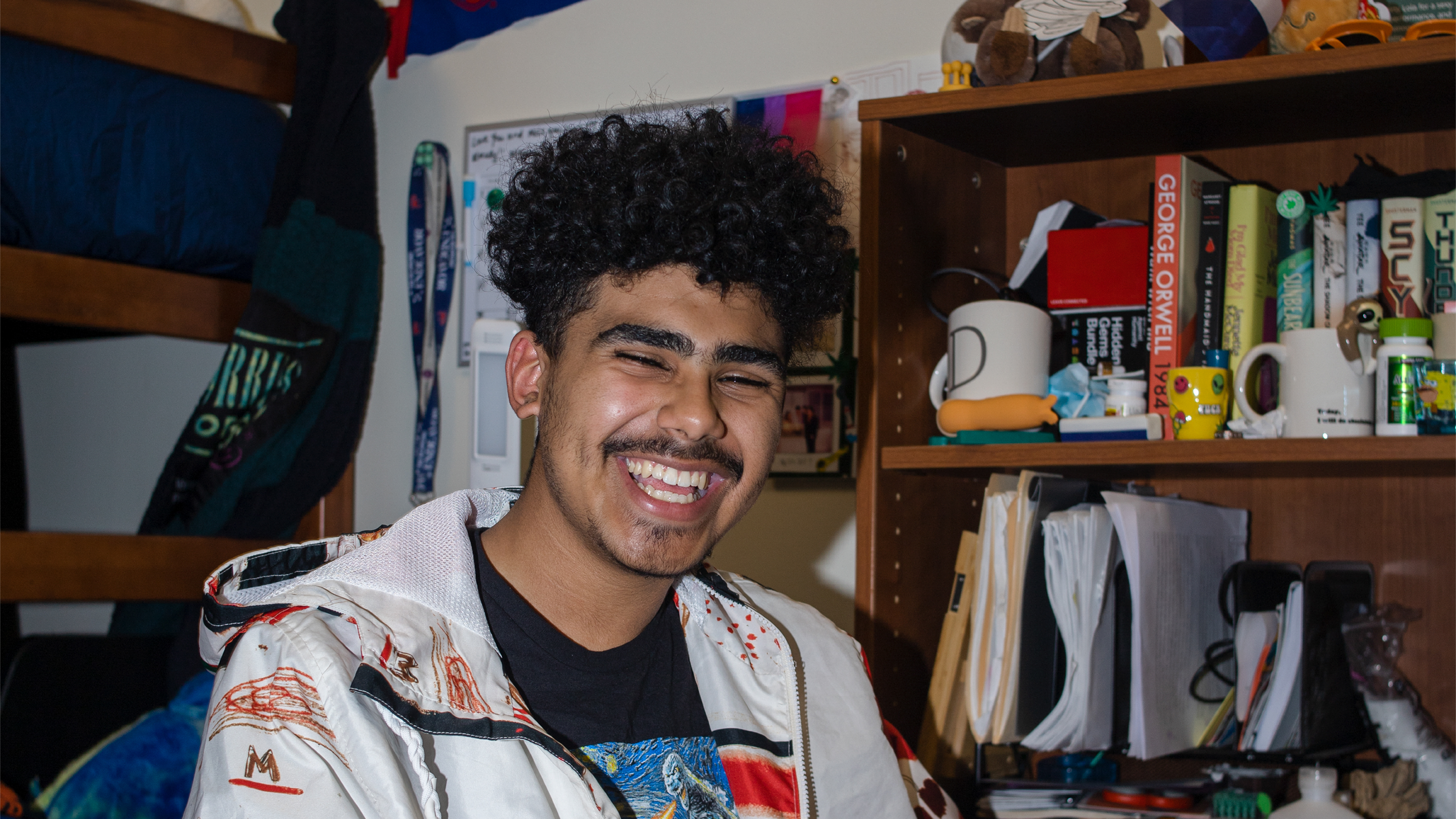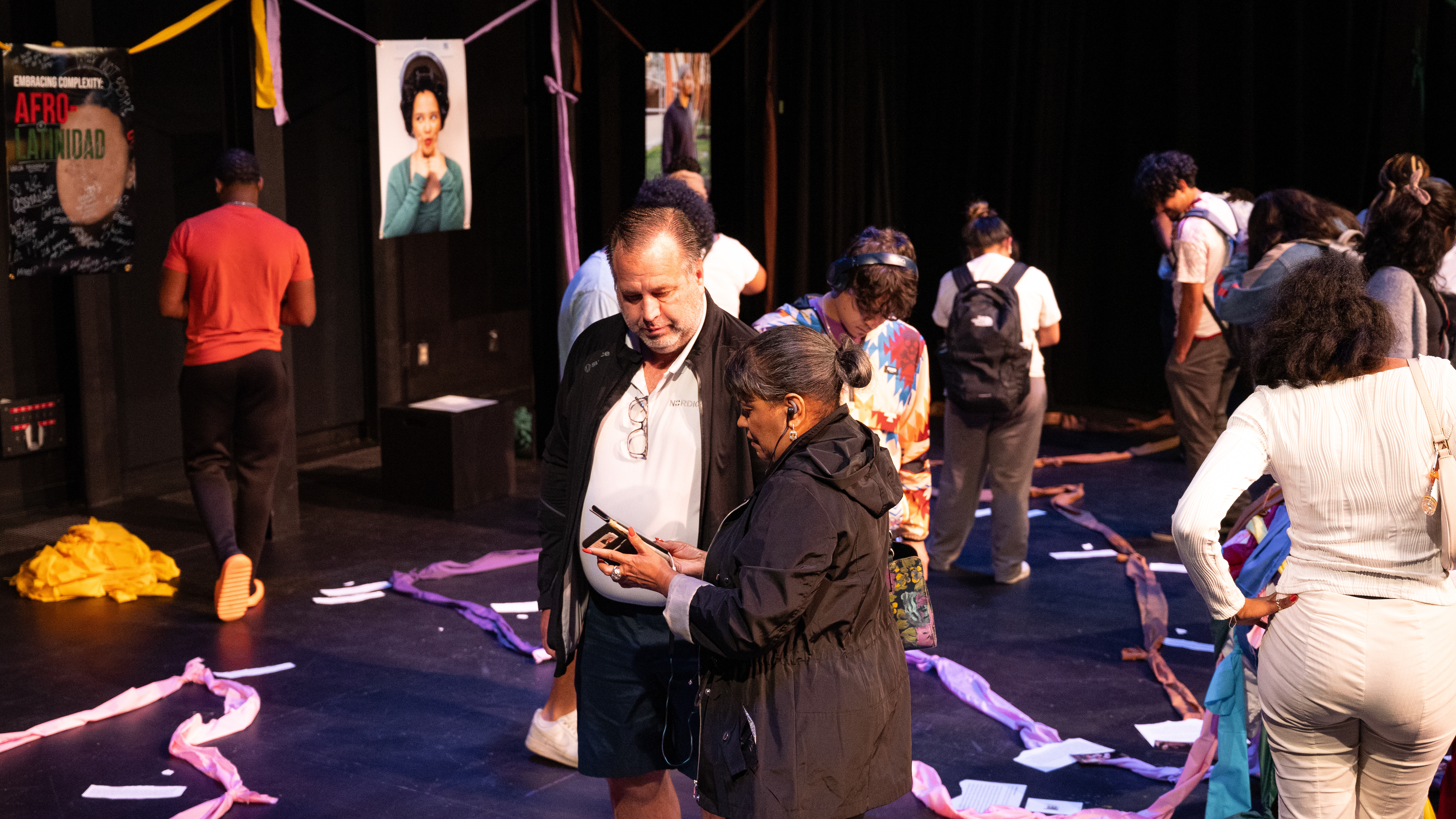Erika at the Greek Theater, University of Richmond.
Growing up I noticed my dad was disconnected from his Panamanian side because his dad died in a gang in Panama and then when he came to the US his mom wasn't really around so he was kind of fending for himself. He found himself gravitating towards the black community and finding comfort there. He speaks Spanish but he never taught me Spanish because he was made fun of for having an accent and he didn't want that for me… so I was disconnected from that side of heritage for a long time. I couldn't speak Spanish and I didn’t really know much about that side of my family. When I would try and speak Spanish, people would call me gringa and say that I don't even look Spanish so much so that like, I was like okay, I am just black or sometimes include that I was Trinidadian.
Audio. (3:38 min)
I didn’t even recognize myself as Panamanian until I got to highschool. I went to a boarding school in Massachusetts and I was really struggling to find a community cause it was so white. I found my community within the Black and Latino clubs on campus, and these communities really helped me reconnect with that side of myself. I realized that is an important part of my identity, and so I started identifying as Afro-Latina because I wanted to start honoring that. I feel more empowered identifying as Afro-Latinx and being part of like this beautiful intersection.
